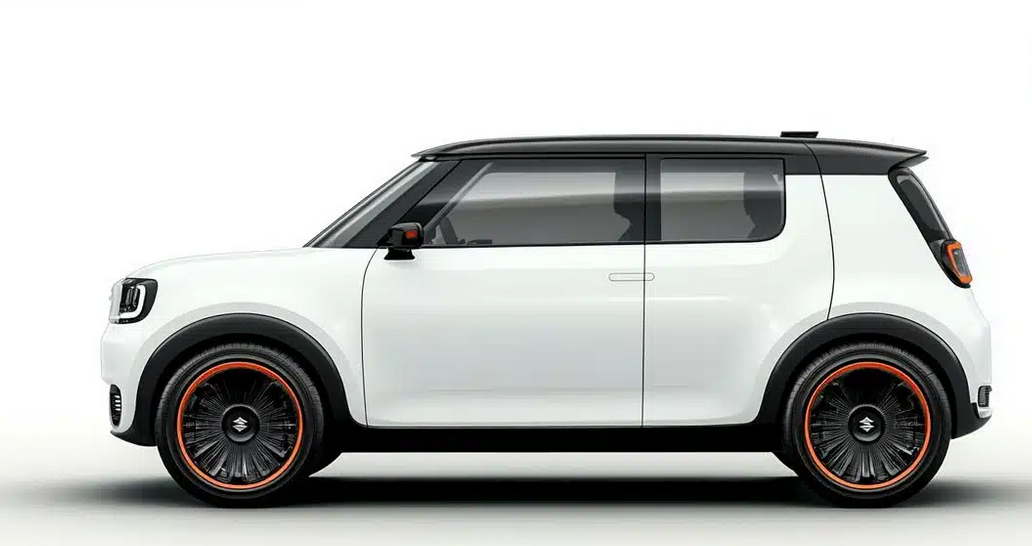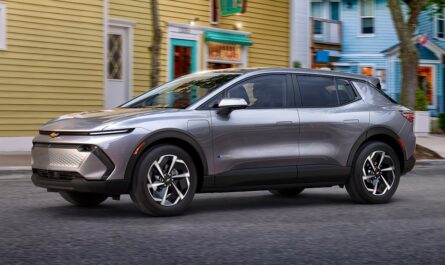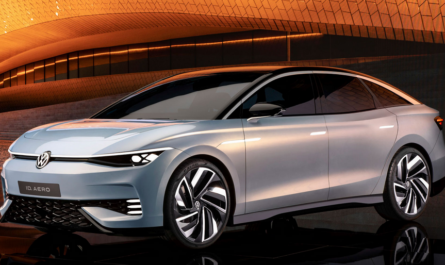In an exciting development for the electric vehicle (EV) industry, Suzuki, Toyota, and Daihatsu Motors are joining forces to create a battery electric SUV, marking the first full-scale EV resulting from this long-term partnership. The vehicle is expected to enter production in India in spring 2025 and will be available for a global audience, showcasing a shared vision of sustainability and innovation.
This initiative represents a milestone for Japanese automakers, who have collaborated on several ventures since 2016 but are now venturing into the production of a pure battery electric vehicle (BEV) for the first time. Suzuki, in particular, will produce its first EV in India and share it with Toyota as part of the partnership, emphasizing the company’s growing commitment to electrification and its role in the global EV market.
Manufacturing and Production Plans
The upcoming SUV will be manufactured at Suzuki Motor Gujarat in India, highlighting the country’s strategic importance in the EV sector. Both Suzuki and Daihatsu worked closely with Toyota to develop an exclusive BEV platform, combining their expertise to deliver a vehicle that meets international standards.
The SUV is expected to feature:
-
All-Wheel Drive (AWD): Ensuring strong performance on rough roads and challenging terrains.
-
Comfortable Cabin: Designed for passenger comfort with an ergonomic, spacious interior.
-
Ample Cruising Range: Providing a reliable driving range suitable for both city commuting and long-distance travel.
This combination of performance, versatility, and comfort positions the SUV as a competitive player in the global electric vehicle market.
Global Ambitions and Market Strategy
While the SUV is intended for worldwide release, it is likely to play a key role in boosting EV adoption in India, where both Toyota and Suzuki have faced challenges promoting electric vehicles. By producing the SUV locally, the companies aim to make EVs more accessible and affordable, while also benefiting from government incentives that encourage the shift from conventional vehicles to electric and hybrid alternatives.
Suzuki plans to invest over $1 billion in India, its largest market outside of Japan, reflecting a long-term commitment to supporting the country’s EV ecosystem. The Suzuki eVX concept, which was showcased at the Indian Auto Show last year, is expected to deliver a range of over 300 miles, highlighting the company’s focus on high-performance, long-range EVs suitable for both domestic and international markets.
Toyota’s Beyond Zero Vision
The development of this electric SUV aligns with Toyota’s Beyond Zero initiative, which aims for carbon neutrality across all products, operations, and services. Toyota already offers more than 20 battery-powered, plug-in hybrid, and hybrid models, but the bZ4X is currently its only fully electric vehicle.
Through collaboration with Suzuki and Daihatsu, Toyota is expanding its BEV lineup, producing affordable and efficient electric vehicles that appeal to global customers. This multi-pathway strategy emphasizes sustainability, accessibility, and a commitment to reducing carbon emissions.
Suzuki’s First Electric Vehicle in India
For Suzuki, this SUV represents a major milestone in its electrification journey, particularly in India, where EV adoption has been slower compared to other markets. By leveraging local manufacturing, government incentives, and technological collaboration with Toyota and Daihatsu, Suzuki aims to become a key player in India’s EV sector.
Toshihiro Suzuki, President of Suzuki, emphasized the partnership’s importance, stating that it contributes to “the realization of a carbon-neutral society through a multi-pathway approach.” This highlights the companies’ shared commitment to sustainable mobility and reducing environmental impact while bringing advanced electric technology to global markets.
Design and Technical Highlights
Although complete specifications are yet to be disclosed, Toyota has shared some design and performance insights:
-
All-Wheel Drive Capability: Designed for stability and performance across varied terrains.
-
Passenger Comfort: Focused on a roomy and ergonomically designed cabin for a premium experience.
-
Impressive Range: Engineered to meet or exceed current EV market expectations for long-distance travel.
-
Exclusive BEV Platform: Developed jointly by Suzuki and Daihatsu, ensuring technical excellence and efficiency.
These features indicate the SUV will be suitable for diverse driving conditions, from urban streets to off-road adventures, appealing to a broad range of consumers worldwide.
Strategic Importance in the Global EV Market
This SUV represents more than just a new model; it reflects a strategic collaboration aimed at strengthening the global EV market. By combining Toyota’s expertise in hybrid and electric technology with Suzuki’s market knowledge and Daihatsu’s engineering capabilities, the partnership aims to deliver a competitive and reliable electric vehicle.
For India, the SUV’s local production could be a turning point, offering affordability, improved accessibility, and an opportunity to accelerate EV adoption in a market with tremendous growth potential. Globally, it positions Japanese automakers to compete with other leading EV manufacturers, including Hyundai, MG, and Tata, while expanding their footprint in the growing electric SUV segment.
Long-Term Goals and Future Plans
Toyota has announced plans to introduce ten battery-powered vehicles by 2026, including this upcoming Indian SUV. This initiative reflects a broader commitment to electrification and sustainable transportation solutions.
The collaboration between Suzuki, Toyota, and Daihatsu strengthens long-standing Japanese automotive partnerships, demonstrating how shared expertise can accelerate innovation and production efficiency. For Suzuki, it signals a renewed focus on global electrification, positioning the company as a leader in the EV market.
Conclusion
The first global electric SUV from Suzuki, Toyota, and Daihatsu represents a major milestone in the automotive industry. Scheduled for production in India in 2025, this vehicle marks Suzuki’s first locally manufactured BEV and the first full-scale electric vehicle developed through this longstanding collaboration.
With all-wheel drive, a spacious cabin, and a long-range battery, the SUV is designed to meet global standards and appeal to a wide range of consumers. The partnership also aligns with Toyota’s Beyond Zero initiative, supporting carbon neutrality and sustainable mobility goals.
Suzuki’s significant investment in India underscores the country’s growing importance in the EV ecosystem, while Toyota and Daihatsu bring technical expertise to ensure a high-quality product. As production ramps up, this electric SUV has the potential to accelerate EV adoption in India, establish new benchmarks for collaboration in the global automotive industry, and strengthen the position of Japanese automakers in the worldwide electric vehicle market.




